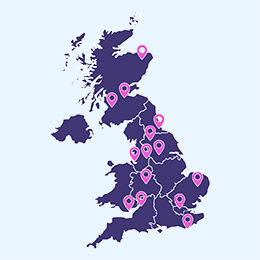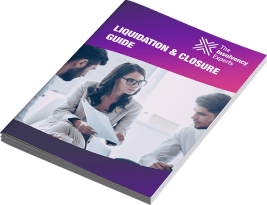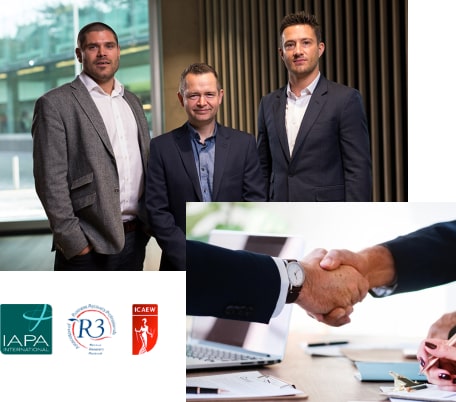- Licenced Business Rescue Experts
- Helping Directors in Debt
- Same Day Advice
For free expert advice, send us a message and we’ll be in touch
STRUGGLING TO PAY BUSINESS DEBTS – UNDERSTAND WHICH ARE PRIORITY AND WHICH ARE NON-PRIORITY
If you are struggling to pay your debts, it helps to know which ones should take priority and which can be dealt with later. Some creditors have more power than others to recover debt, and can do so without going to court.
Below we outline the main priority and non-priority business debts, to help you focus attention where it’s most required.
Priority business debts
- Keep up to date with your gas and electricity payments. If you fall behind on energy payments, your provider can cut off supplies to your premises quickly, but they must give you advanced notice. Energy suppliers are usually open to negotiations, and could offer you an extended payment plan.
- If you have arrears for water bills, it’s a good idea to pay your latest bill and then begin to tackle the arrears if possible.
- Business mortgage lenders and landlords have the right to take action without a court order. Business premises could be repossessed, or equipment and or stock removed, so it’s important to keep communications open with your lender or landlord.
- HMRC can take action without a court order, so if you are not able to meet a deadline, contact them. You are likely to be able to negotiate a Time to Pay arrangement for your HMRC liabilities.
- If you voluntarily return an asset and end the lease or hire purchase agreement, you’ll remain liable for up to half of the original amount. Once the item has been returned, the remaining debt then becomes non-priority.
- Should one of your suppliers be the only company who can provide certain items, you’ll probably want to regard them as a priority creditor in order to protect your own ability to trade. You must however be aware of your duties as a director, and avoid ‘preferring’ one creditor over another.
- Bank loans secured on an asset should be treated as a priority debt. Unsecured loans are generally non-priority, unless you fear the bank will restrict your company accounts.
Non-priority business debts
The consequences of failing to pay non-priority debts are less severe:
- Business credit cards and overdrafts generally fall into the category of unsecured loans, and are classed as non-priority.
- Non-essential business supplies could include office stationery, computer accessories, or accounts with suppliers of cleaning products, for example.
- Some bank and building society loans not secured on an asset or by personal guarantee are generally considered a non-priority debt.
- The credit agreement for charge cards such as American Express, differs from a standard credit card. You could find that the provider is not willing to negotiate with you for extended terms.
At the Insolvency Experts, our main goal is to find a solution that is right for your business. Our experienced team are available now on 0300 303 8284 or via our contact us page for honest and confidential advice.
Call our friendly experts on 03003 038284
By quickly taking back control, we can help you solve the problems that your business has.








